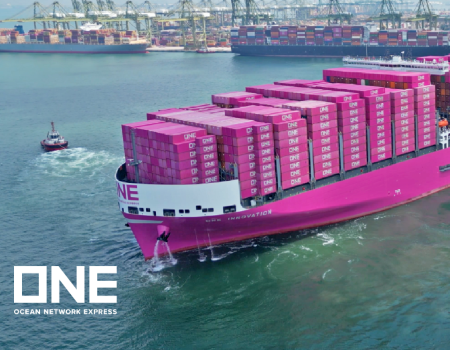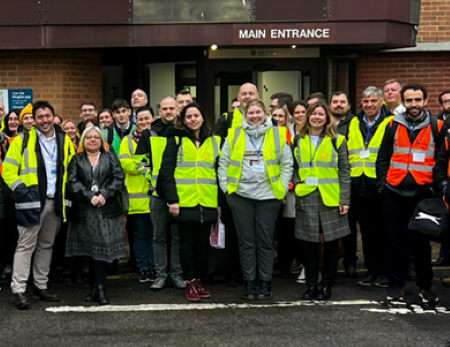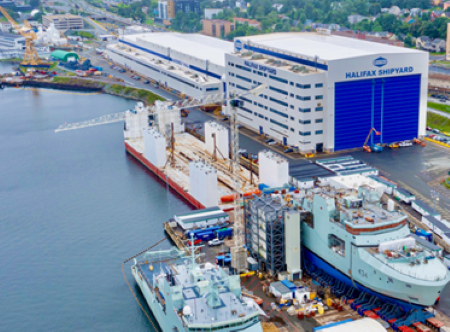The announcement that licence regulations are to be relaxed for drivers of some alternatively-fuelled vans has been warmly welcomed by the Freight Transport Association (FTA).
Currently, drivers with category B (car) licences are permitted to drive vans which weigh up to 3.5 tonnes. However, electric and hybrid vans of a comparable size must carry a large battery pack, making them slightly heavier. The government announced today (29 March) that it would seek agreement from the EU for drivers with category B licences to be permitted to drive alternatively-fuelled vans weighing up to 4.25 tonnes.
FTA, which represents more than 17,000 logistics businesses moving goods and services across the country, consulted its members on the proposal and they were largely in favour of the change. It follows news that operators of alternatively-fuelled vehicles up to 4.25 tonnes will also be exempt from HGV operator licensing, as long as they only operate domestically.
FTA’s Environment Policy Manager, Becki Kite, believes the licensing change will encourage more firms to consider the move to alternatively-fuelled vehicles:
“FTA is delighted the government has listened to the logistics industry and taken this positive step to make it easier for transport and freight companies to operate electric vehicles. This will make it cheaper and easier for firms to include alternatively-powered vehicles in their fleets. It is an excellent example of how the government can use regulatory adjustments to help our industry implement more energy-efficient working practices.”
Today’s announcement follows a two-month consultation process. The government says it supports a commitment to ensure that almost every car and van is a zero-emission vehicle by 2050.
Ms Kite says the change means companies will no longer be penalised for using alternatively-fuelled vehicles:
“The heavier weights of these vehicles mean they have often been inaccessible for van operators who do not have an operator licence or the appropriately trained drivers. For firms with the appropriate operator licence, the additional regulation still meant extra cost in implementing appropriate compliance policies and recruiting additional drivers. Now they will be able to absorb these vehicles easily into their current working practices.”
Efficient logistics is vital to keep Britain trading, directly having an impact on more than seven million people employed in the making, selling and moving of goods. With Brexit, new technology and other disruptive forces driving change in the way goods move across borders and through the supply chain, logistics has never been more important to UK plc. A champion and challenger, FTA speaks to government with one voice on behalf of the whole sector, with members from the road, rail, sea and air industries, as well as the buyers of freight services such as retailers and manufacturers.








